Learning
Our Curriculum
Our team of dedicated and talented teachers and support staff provide high quality curriculum programs to enable children to achieve personal success.
Children learn and teachers teach in engaging, supportive and challenging indoor and outdoor learning environments.
Children are actively involved in their own learning as they engage in individual, group and whole class activities.
The contemporary curriculum programs have a strong focus on
- English
- Mathematics
- STEAM
- Investigation and Inquiry
- Personalised Learning
- Information and Communication Technology (ICT).
Additional curriculum focus areas offer a wide range of learning experiences including
- Science, Environment and Sustainability
- The Arts (Visual and Performing)
- Physical Education and Sport
- Bike Education & Traffic Safety
- Kitchen Garden/ Cooking and Nutrition.
- Outdoor Education
- Auslan is the Languages other than English (LOTE) focus language
- Social and Emotional Learning- Resilience, Rights & Respectful Relationships
Additional programs & features
Our students are offered a diverse range of enriching and engaging extra curricular activities to promote interests, skills and experiences.
- Preps-developmental play-based early learning centre
- Multi-age Buddy groupings fostering pastoral care and relationships across all ages
- Interschool sports/house sports, swimming and PMP (perceptual motor program)
- Senior School programs such as Equine Therapy, Canine Therapy and Art Therapy.
- The Hastings PS Parenting Project
- Student performances and concerts
- Special participation days including Ride 2 School and Walk 2 School
- Lunchtime Clubs
- Excursions and incursions linked to curriculum focus areas
- Extensive Outdoor Education and Year 3-6 camps program
- Resource Smart Sustainable Schools program with water and energy efficiency programs, recycling and composting strategies, biodiversity projects such as vegetable and kitchen gardens, fruit trees and frog pond.
- Extensive transition programs from Pre-prep to Year 6 and 7
- Breakfast Club for children
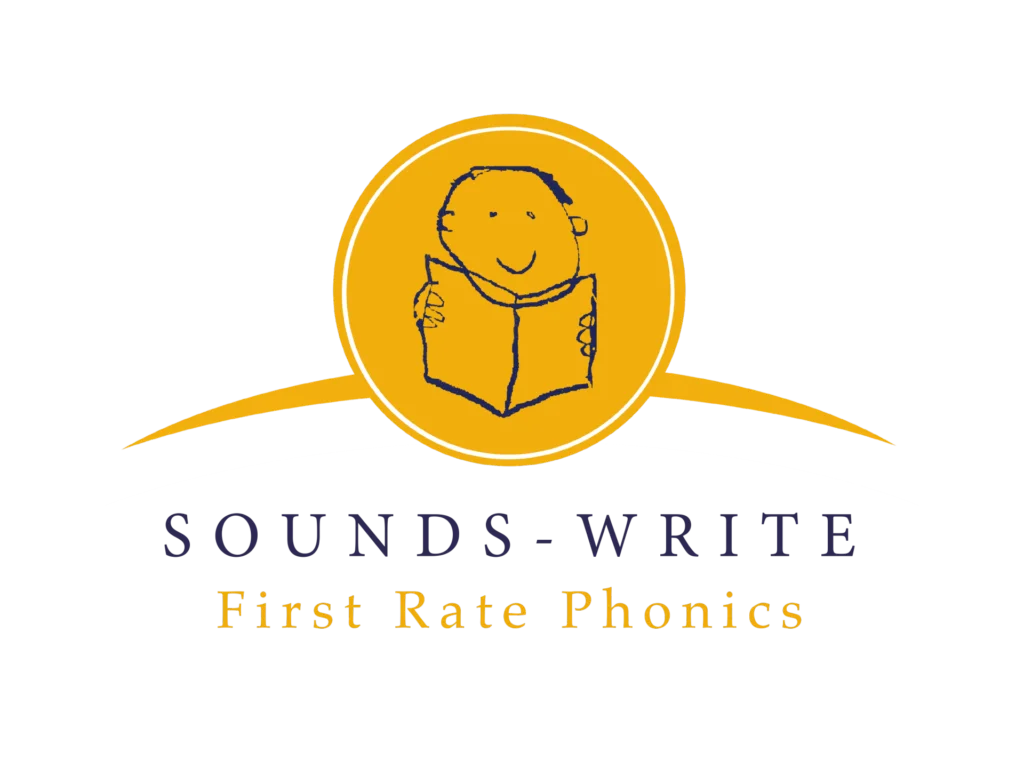
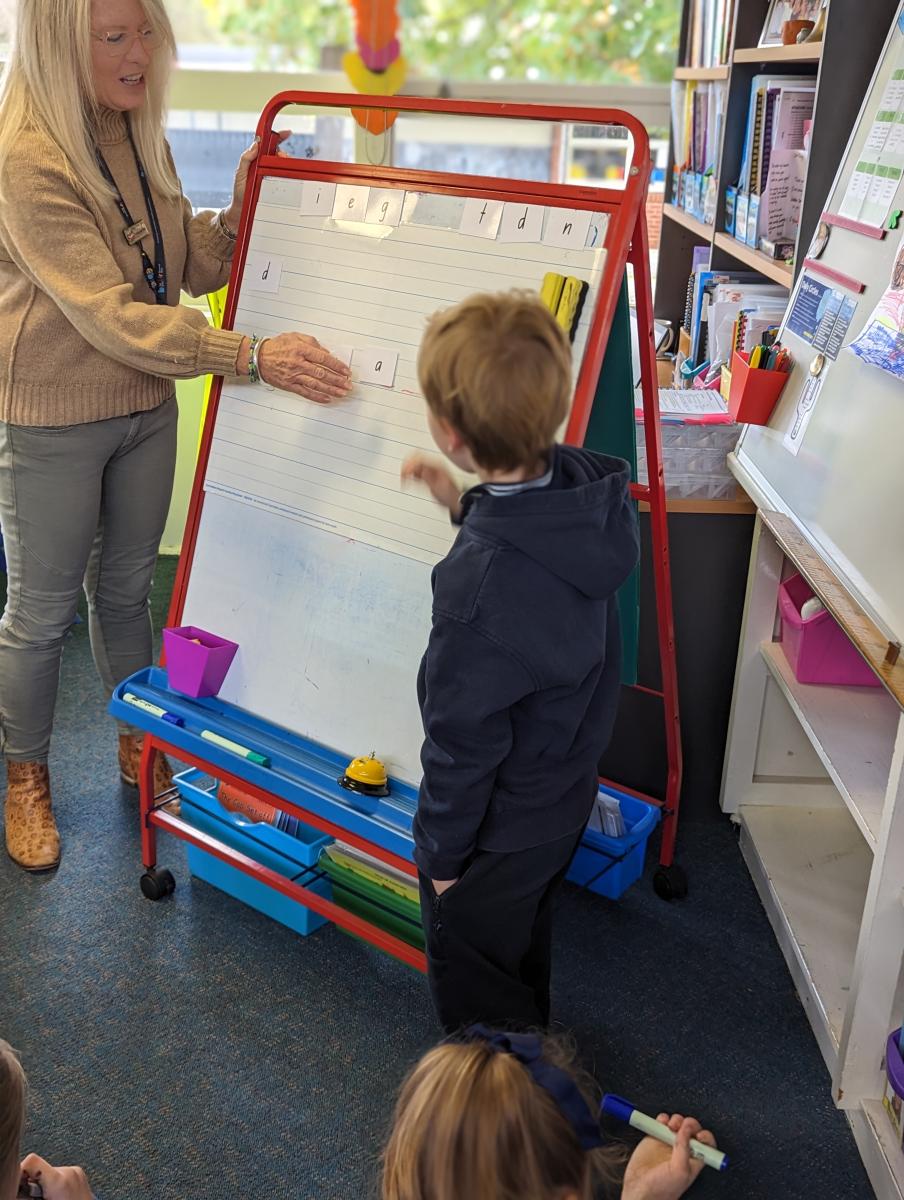
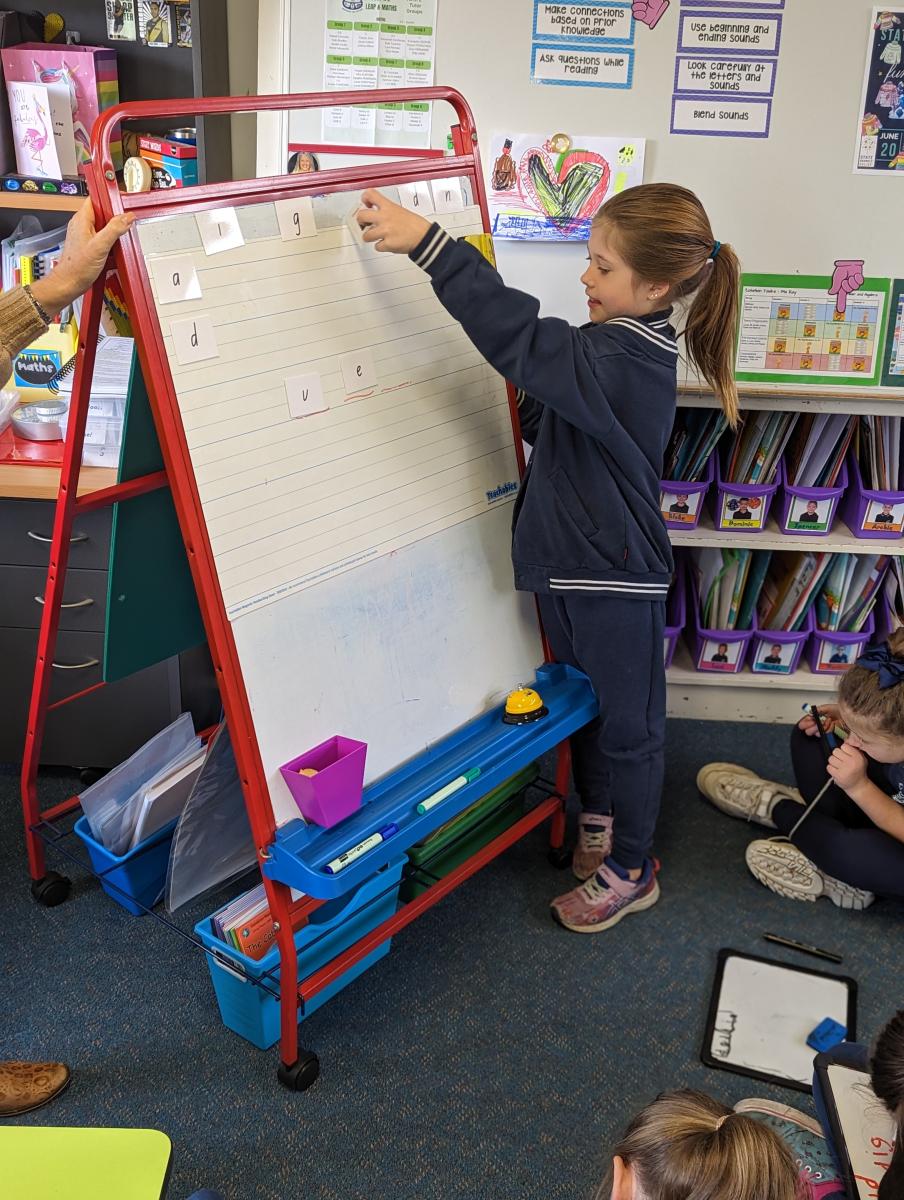
Learning From Home
Hastings Primary School is dedicated to providing students and parents/carers with resources to support your child’s learning at home.
Below is a video to with instructions on how to access Google Classrooms which is the platform we will be using for remote learning.
Literacy and Numeracy Tips to Help Your Child
Learning from Home Information for Parents
The Learning from Home website is also available for students and parents to use at home, and resources are available on the FUSE website.
Class organisation
Our school structure changes from year to year depending on student population and learning needs. Class structure may be ‘multi-aged’ or ‘straight’ depending on the numbers of students at each level and the teaching team available to deliver a comprehensive curriculum.
In 2024 the learning teams are
- Foundation (Preps) share a large learning space with their two teachers. The Victorian Early Years Learning and Developmental Framework 0 – 8 years (VEYLDF) forms the basis of early childhood framework focused on supporting children and families in the transitions in the early years of schooling. We call this team ’The Minnows’.
- Junior School (Year 1 and 2) students work together across their two classes. The Junior School teachers plan and deliver the curriculum program as a team. We call this teem ‘The Sea Eagles’.
- Middle School (Year 3 & 4) work together across the three classes, with their teachers planning for differentiated and personalized delivery of the curriculum. We call this ‘The Kingfishers’
- Senior School (Years 5 and 6) is located in our open plan BER building. All students and their teachers have formed a ‘learning community’ in this spacious and flexible set of classrooms and breakout spaces. We call this team, and their learning space ‘Angling’.
The classroom curriculum is enriched by excursions, incursions, camps and special celebration days.
Specialist programs are - Visual Arts
- Music/Performing Arts Program
- Physical Education and Sport
- Kitchen-Garden (incorporating Health/Well Being)
- LOTE (language Other Than English) AUSLAN
- Bike Education
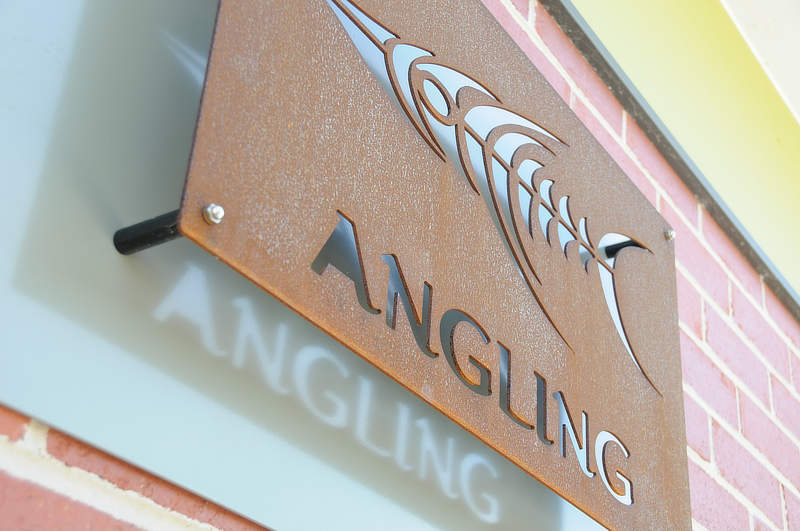
Victorian Curriculum
The Victorian curriculum
- Is developmental in nature (not necessarily grade or age related , but linked to stages in learning)
- Is structured in seven levels for Primary, being Foundation (Prep), then Levels 1 – 6.
- Sets out learning outcomes expected at each level of a child’s development
- Provides assessment in all areas, where we find out what students know and then move them on to the ‘next step’
- Allows for more individualized approaches as well as small group and whole class activities, to meet each student’s individual point of need
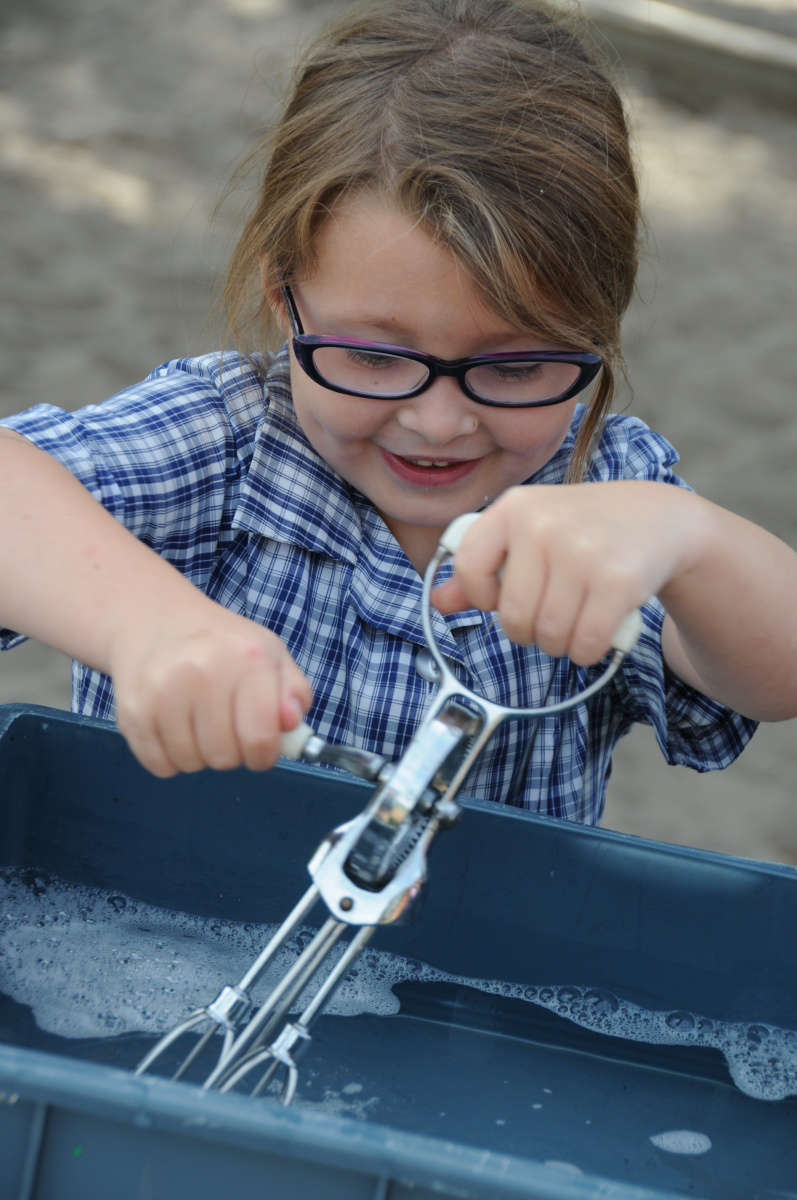
Student Leadership
At Hastings Primary School we take many opportunities to provide our students with leadership experiences to develop their skills in being good role models for others in the school community.
Our student leadership structure includes Year 6 School Leaders, Student Representative Council (SRC) and school community leadership roles.
The Year 6 Student Leaders meet regularly with their coordinator, Ms Michelle Aldridge, to develop their own leadership skills by identifying personal goals and leadership role descriptions.
Our Student Representative Council works with all classes on issues important to our students, including school improvement, student well being and social service fundraising activities.
Representatives from all classes are peer selected at the beginning of each year. They meet regularly with their coordinator, Ms. Michelle ALdridge, to report back from their class meetings.
Minutes are taken and distributed to all classes. The SRC also organises activities and communicates with the whole school community about their projects and goals.
